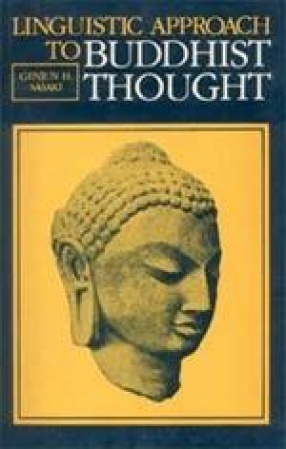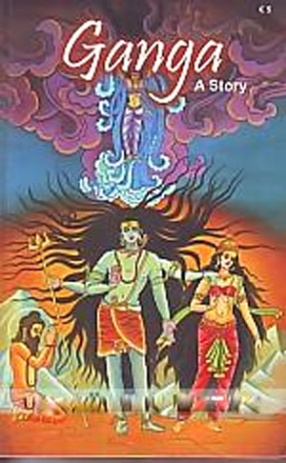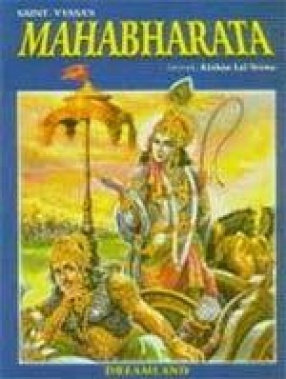Owing to the unflagging work of scholars in many Buddhist fields, especially ontological and doctrinal, a remarkable amount has been added to our knowledge and understanding of the parts and the whole. But a large amount yet remains to be done, and many problems connected with the linguistic development of Buddhist concepts, and with the multitude of difficult technical terms still await solution. Requiring further investigation are the linguistic and philosophical points of difference which grew up or, to a lesser degree, the similarities which remained as sects split off not only from the parent body but also from one another and in doing so developed their own individual tenets. Retaining some measure of the vision of the quest, they used the words and the concepts found in the earlier teaching, though often clothing them with new or developed meanings, and not seldom working out their implications to the fullest extent. Employing linguistic and philosophical methods the author aims to establish the connection of various terms with the Theravada on the one hand and with the multitude of meanings proffered by the Mahayana Buddhist texts on the other. To determine how such fundamental terms as nekkamma, dipa, ksanti, sat, prujna, mana, kamma, anadikalika, anatman, avidya and pratyaya were used in the two main trends of Buddhist thought, what they mainly signify there, what their special implications are, and whether their import was on the whole theoretical or practical, in itself constitutes an enormous task.
Ganga: A Story
$13.50
$15.00





There are no reviews yet.